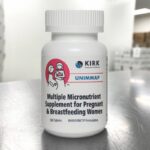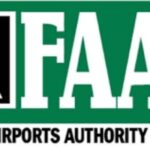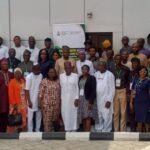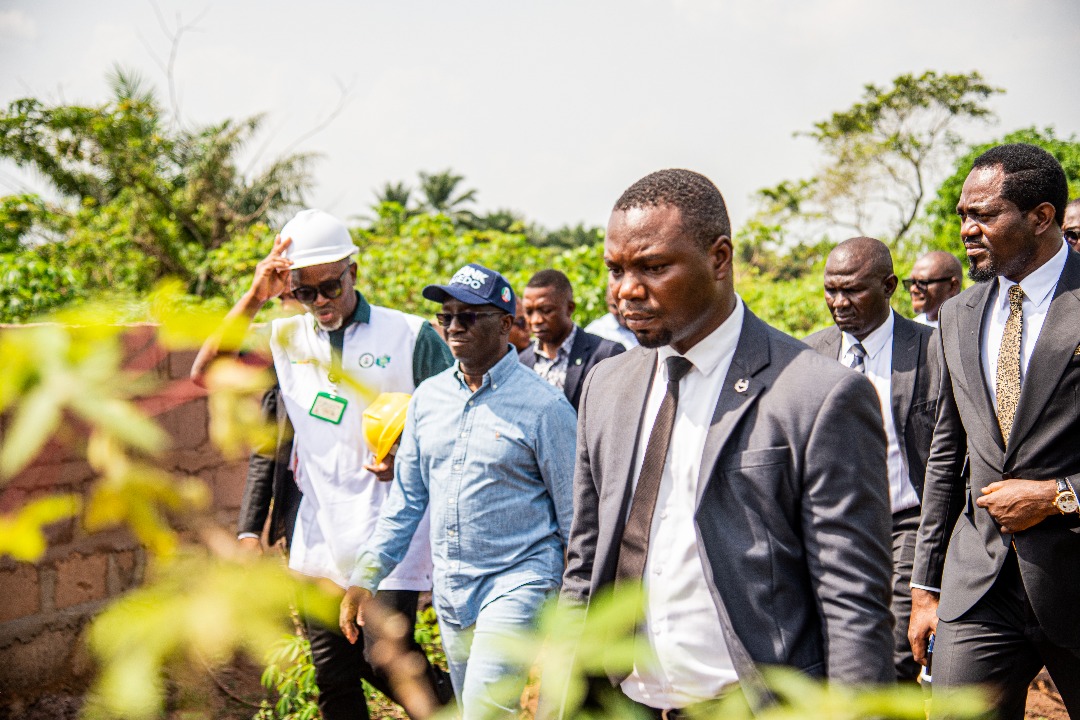Enugu Govt. launches “One Ward, One Smart Farm Estate Initiative”
By Stanley Nwanosike The Enugu State Government says it is set to launch its 260 Smart Farm Estates meant to revolutionise agriculture and get residents to farm. Mr Patrick Ubru, Commissioner for Agriculture and Agro-Industralisation, said this on Monday while leading a team of inspectors on behalf of Gov. PeterContinue Reading





















